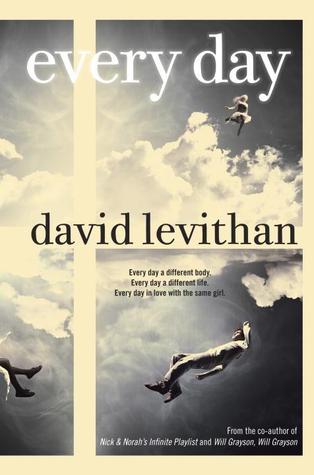
The most trying part of being a still-cooking human is figuring out just who– — or what — you are.
David Levithan’s “Every Day” captures this quintessentially adolescent feeling through his main character known only as A — a being without gender, race or identity.
A wakes up each morning in a different body, equipped with basic memories to get through the day. A is melancholic and jaded in a way that’s undeniably teenaged. That life is all A has ever known, until A meets a girl named Rhiannon.
A falls in love fairly quickly after waking up and living a day in the body of Rhiannon’s boyfriend and so begins his desperate, stalkerish mission to get close to her.
I know that I’m supposed to root for A because A loves Rhiannon and wants her to be happy, or so A says, but I can’t. The weird alienating nature of A possessing another person and doing things that ultimately affect their lives is just too uncomfortable for me to look past. It’s almost a bit violating to read, to be honest.
The saving grace of the book is when A realizes just how selfish a being he/she is. It becomes clear to A that the pursuit of the girl, good intentions aside, involved a lot more people than the couple alone. It’s a practice in empathy.
Levithan’s writing has never really been my favorite. His earlier works had always embraced the internet slang that is never really used by Millenials, but instead by those who desperately want to relate to them. But “Every Day” was different.
I guess because the idea was a bit more out-there compared to some of his more grounded works; the prose catered to that, grounding it within a simple and clean narrative. It was by no means reliable, but that’s sort of expected with an adolescent narrator who’s shamelessly selfish.
This became a bit problematic when the text got too didactic and preachy, considering the gross violations the character
perpetrated.
This book is billed as a story about acceptance. I guess that’s true. It’s about accepting the body you’re in, the choices you make and accepting the fact that maybe, just maybe, you can be a monster.
Katherine Speller

